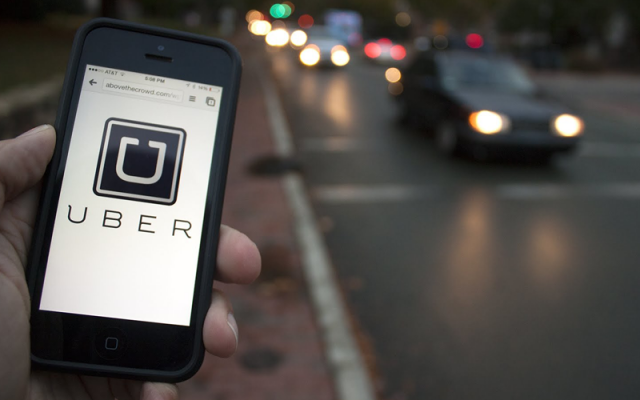
Taxi-hailing firms have played a key role in shaping the transport sector in Kenya. With their most operation around Nairobi and its environs, the firms explored a niche that has seen their business stand the test of time and expand drastically. But like any other businesses, the regulator has been keen to see to it that they comply with the laws to the latter, introducing a new set of regulations their operations.
Newly proposed regulations by the National Transport and Safety Authority (NTSA) for ride-hailing companies and drivers will put the operators on a tight spot in the coming days. As per the regulation, the likes of Uber, Bolt, and Little Cabs will be required to pay Ksh500,000 to register for a digital hailing service operator license renewable annually at Ksh300,000.
Another Ksh3500 will be payable annually for each vehicle in operation and an extra Ksh 1000 for a driver’s badge. Among other conditions to be licensed include establishing a permanent office in Kenya and comply with labor laws on statutory deductions, health and safety of the workplace, Work Injuries Benefits Act, No. 13 of 2007, insurance, statutory leave days and written contracts of employment for digital hailing service operator staff,
These requirements come in as a relief to most drivers of these taxi-hailing operators who have always descried low wages and deplorable working conditions but have set requirements for them as well.
As for the drivers, they will be required to have a valid digital hailing service license as well as a certificate of good conduct and wear a public service vehicle identification badge and photo and present a copy of their Kenya Revenue Authority PIN certificate and a tax compliance certificate, following new policies to tax digital service providers including taxi-hailing apps, with plans underway.
Additionally, each digital hailing service vehicle shall be equipped with a hands-free accessory for mobile devices, a standard first aid kit, fire extinguisher, and lifesaver kit.



